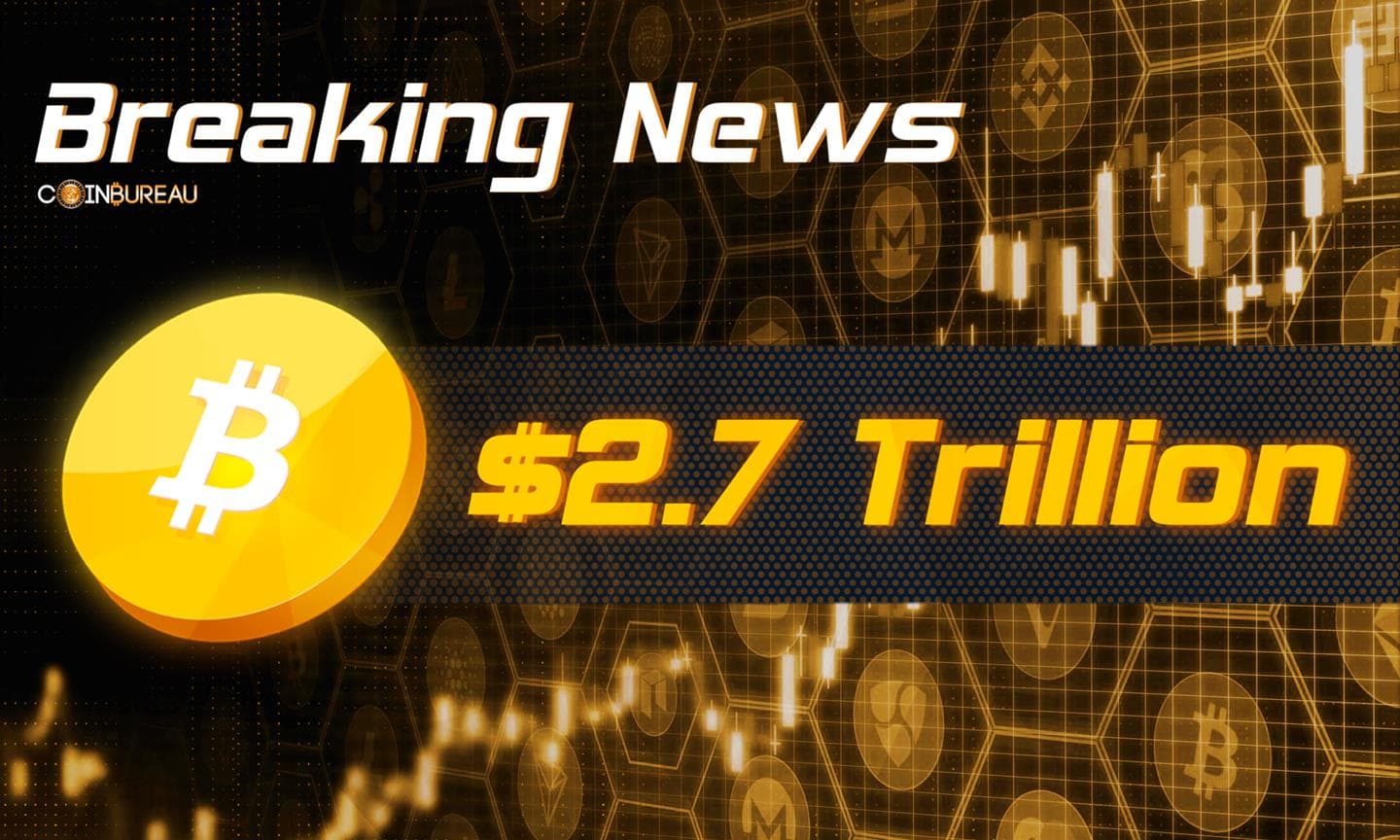The crypto market cap briefly reclaimed the $2 trillion level today following news of the Canadian government invoking new emergency powers to surveil and seize their citizens’ finances.
Currently, there is a large number of truckers stationed in Canada’s capital in protest of Covid-19 restrictions and vaccine mandates. To fund the protest, the trucker convoy has utilized several centralized platforms to raise money, including GoFundMe and GiveSendGo. Both fundraising methods have been shut down by authorities, putting millions of dollars worth of donations in limbo.
With the trucker protests as a justification, Justin Trudeau's government has moved to obtain more control over the flow of finances, including cryptocurrencies, in Canada. In a statement, Canada’s Deputy Prime Minister & Minister of Finance said:
“This is about following the money. This is about stopping the financing of these illegal blockades. We are today serving notice: if your truck is being used in these protests, your corporate accounts will be frozen.
The insurance on your vehicle will be suspended. Send your semi-trailers home. The Canadian economy needs them to be doing legitimate work, not to be illegally making us all poorer.”
In invoking the never-before-used Emergencies Act, the Canadian government has “broadened the scope of Canada’s anti-money laundering and terrorist financing rules” to cover crowdfunding platforms, payment providers, and apply to “all forms of transactions, including digital assets such as cryptocurrencies."
For those uncomfortable with the growing power of the state to oversee finances, the situation in Canada is highlighting the benefits of cryptocurrency and a decentralized economic system.
At the time of writing, Bitcoin (BTC) is up 4% on the day, while Ethereum (ETH) has so far rallied 7%, despite being in fairly pronounced downtrends. Most other majors have also put in modest gains over the last 24 hours, while privacy coins like Monero (XMR) and Pirate Chain (ARRR) are also up substantially over the last couple of weeks.





